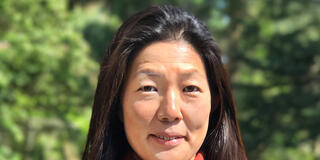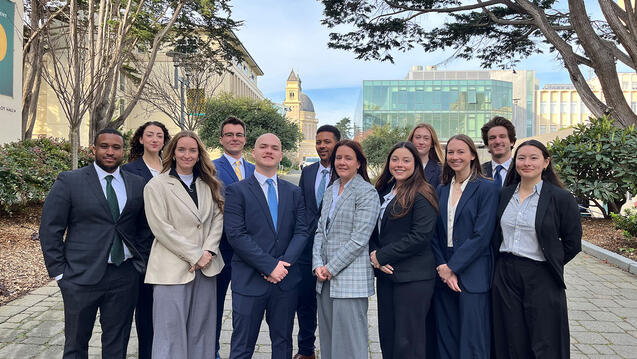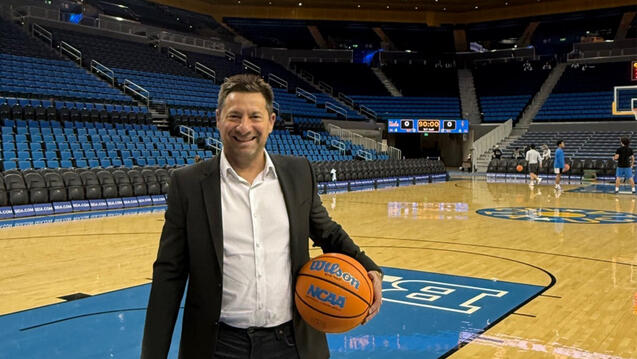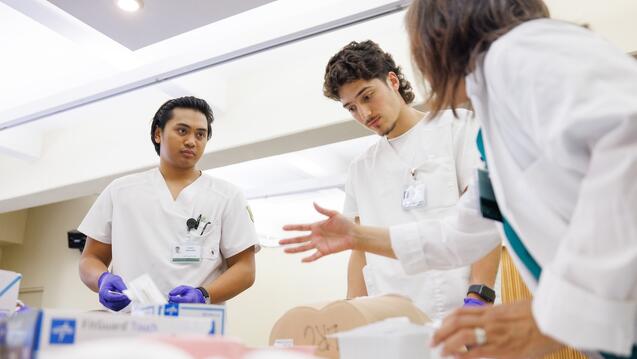Human Rights and Media

"Communication rights refers to both the global campaign to institutionalize the human rights for universal interactive communications, and the social and cultural movements around the world that foster people-centered information, knowledge and meaning sharing and deliberative communications.” (course syllabus)
We live in a world where we are bombarded with constant media headlines and distractions that perpetuate dominant narratives often boiled down to partial truths. Viewed through a different perspective, we live in a world where we have access to an incredibly diverse offering of information and knowledge that opens doors to nuanced and complicated thinking that can widen our own understanding of the world around us. We sometimes perpetuate the former by our own actions of homophily and our own censoring of data through self-selected social networks. It takes active effort to realize and pursue the latter and ensure that these opportunities and rights are available to all.
The Human Rights and Media course was designed and taught by Professor Dorothy Kidd, Chair of the Media Studies Department at USF. The course opens with a critical look at the dominant media and “the democratic deficit,” the importance of universal communication rights, and the importance of alternative or independent media. It introduces students to critical media literacy within a communication rights frame not only for personal media consumption but also for our work as educators. In addition, this course provides opportunities and encourages students to become producers of content through various media. Inherent within this course is the recognition of communication rights for all people, raising awareness around ways these rights are being compromised, and exploring ways through which educators and organizations are challenging dominant narratives and enhancing communication rights.
Especially relevant today, the course also explores the role of media and communications in recent and current social movements that aim to enhance human rights and social justice, and provides opportunities to students to discuss and utilize these practices within human rights education. Finally, the course offers ample opportunities for students to develop very practical skills in various media, including but not limited to radio (students design and produce radio programs on KUSF.org), blogs, visual presentations, podcasts, and video. Culminating projects vary widely both in topic and media. All projects relate to specific human rights-related issues based on student research and professional interests. One such example is a project entitled, Human Rights Lens on Gender, Sexuality and Beyond and can be found here.
Coupled with the wealth of knowledge and support provided by Professor Kidd, in the inaugural offering of the course, each student brought a unique lens and gift, contributing greatly to collective learning. I walked away from the course with a new lens through which I now consume and critically assess media and communications. I also walked away with new and very practical skills in certain media, which I have carried with me to other areas of my doctorate and other work.
As GraceAnn Cadiz, IME doctoral student, states: “Human Rights & Media has given me insight and a deeper understanding of alternative ways to collaborate and organize for social justice issues. The most creative and meaningful project I was able to do in this class was developing, producing, and participating in a student led radio show. Dr. Kidd provided us with the space and tools including time slots at the local USF radio station. It was my first time doing anything like this- it was an exhilarating and humbling experience. It has given me a new and deep appreciation for organizations that produce social justice and activism radio shows. I highly recommend this class for all IME or HRE students.” Hailey Vincent, IME master student also shares: “Human Rights and the Media allowed me to tap back into journalism skills that I had long pushed aside. This class allowed for creativity in the most useful of ways, giving us concrete projects to take into the digital world and the option to continue building upon those projects if we wanted. We are inundated with the bad and the ugly of media on a daily basis, but Dr. Kidd allowed us to explore and grasp onto the good, inspiring, activist driven side of it to enact social change.”
Human rights education is “about, through, and for human rights.” Through a communications rights frame, this class did exactly that. There are problems we can easily point to regarding concerns around dominant media today. But the key question is, what are we going to do about it? We need to go beyond being passive consumers of information and take the bold step into producing and creating content through various media to challenge dominant narratives and raise the voices of those less heard. We need to complicate the binary discourses that often simplify complex social concerns in ways that are accessible to all communities. If you are ready to do that and more, this is the course for you.


